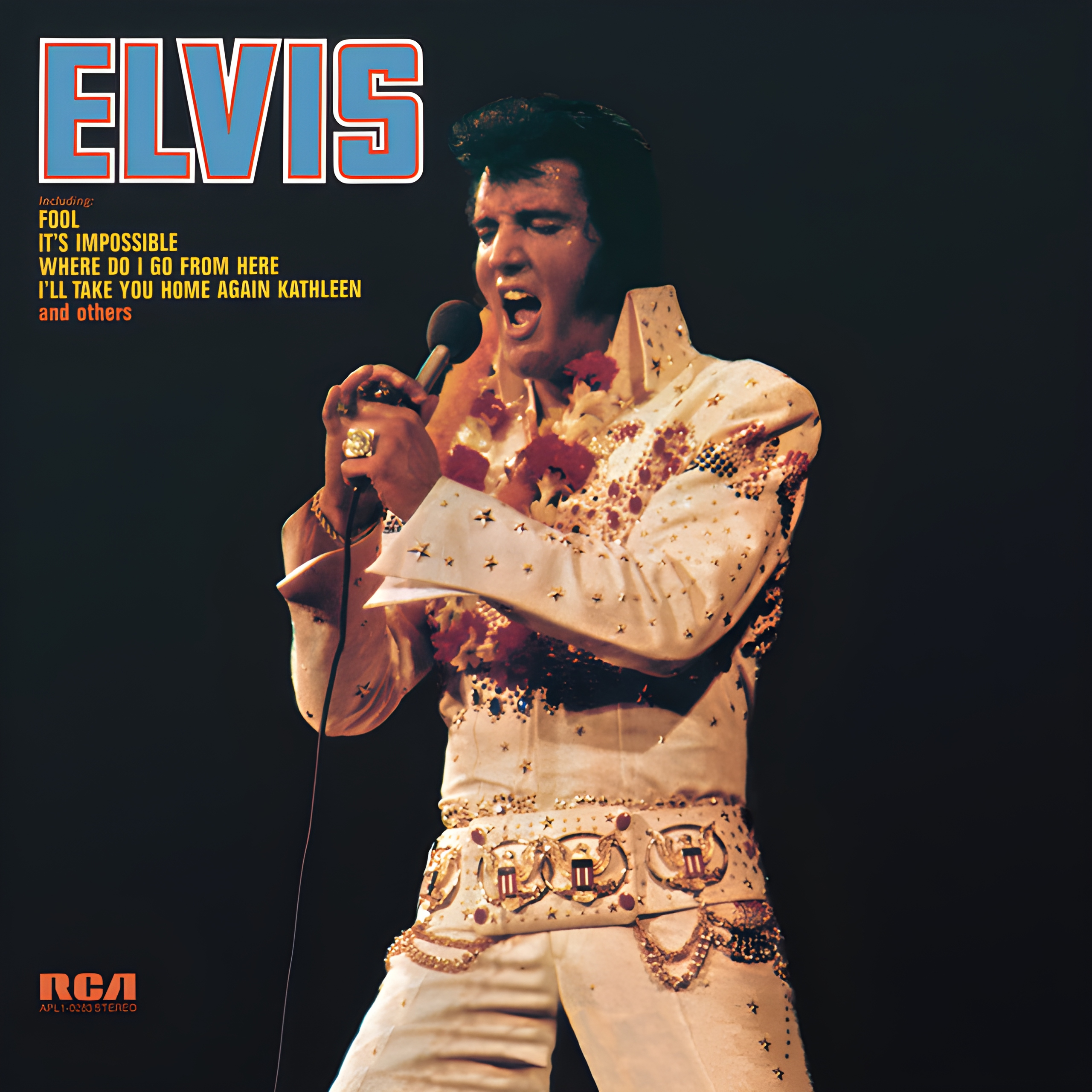Released: 2024
“Son of a Bitch” by Jessie Murph unfolds as a dark, passionate anthem of betrayal and revenge, swimming in the murky waters of heartbreak and self-awakening. Murph confronts her demons and those of a lover, blending the lines between victim and villain in a narrative that’s as entrancing as it is unsettling. It’s a song that doesn’t hold back, painting a vivid picture of love gone toxic and the lengths one might go to reclaim their power and pride.
The opening lines immediately set the stage for a confrontation with darkness, both within and without. When Murph sings, “I ain’t no man in the mirror / That ain’t no man, that’s the devil,” she’s pointing to a realization that the person she sees, or is confronting, has morphed into something unrecognizable and malevolent. This isn’t a story about petty squabbles; it’s about facing down the worst sides of ourselves and others. The mention of a “38 special” dives deeper into the imagery of confrontation and the readiness to fight back against those demons, signaling a turn from victimhood to someone ready to stand their ground.
Throughout the song, Murph oscillates between reflections on her own identity and the actions of her betrayer. “That boy go bad in the nighttime / That boy got hands on the wrong thighs” tells a tale of infidelity and deceit, capturing the essence of betrayal with visceral imagery. The reference to “what went down up in room 432” adds a layer of specificity that makes the story even more personal and haunting. It’s not just any betrayal; it’s one with its own address, a memory etched in the mind.
The chorus, with its repeated call of “Desperado, you son of a bitch,” has Murph channeling her anger and disillusionment into a powerful declaration of independence from the person who wronged her. The term “Desperado” here can be interpreted as someone who is reckless or desperate, perhaps alluding to the lover’s actions. The phrase “Chicago slutted up at the Ritz” conveys a scene of opulence tainted by betrayal, further emphasizing the gravity of the deceit.
One of the most striking verses, “I ain’t no dame, I’m the devil / This side of me, she ain’t Jessie,” reveals a transformation within Murph. She’s shedding the role of the wronged lover and embodying vengeance and retribution. The vivid image of cutting “it off like Lorena,” a nod to Lorena Bobbitt’s infamous act of revenge, serves as a metaphor for Murph taking drastic measures to reclaim her dignity and power. It’s a statement of no longer being a passive player in her own life story but rather the one who writes the ending.
As the song concludes with its haunting oh-oh-ohs, there’s a sense of unresolved tension and ongoing battle. Yet, amidst this turmoil, there’s also a sense of empowerment. Jessie Murph doesn’t portray herself as a mere victim of circumstance but rather as a force to be reckoned with—a person who, when pushed to the brink, discovers her own strength and ferocity.
In “Son of a Bitch,” Jessie Murph has crafted a raw, unapologetic anthem of betrayal, self-discovery, and reclaiming power. It’s a song that resonates not just for its catchy hook but for its deep dive into the complexities of human relationships and the dark alleys of our own psyche. Murph’s storytelling, coupled with her gritty performance, makes this track an unforgettable piece of musical artistry that speaks to the resilience of the human spirit.






